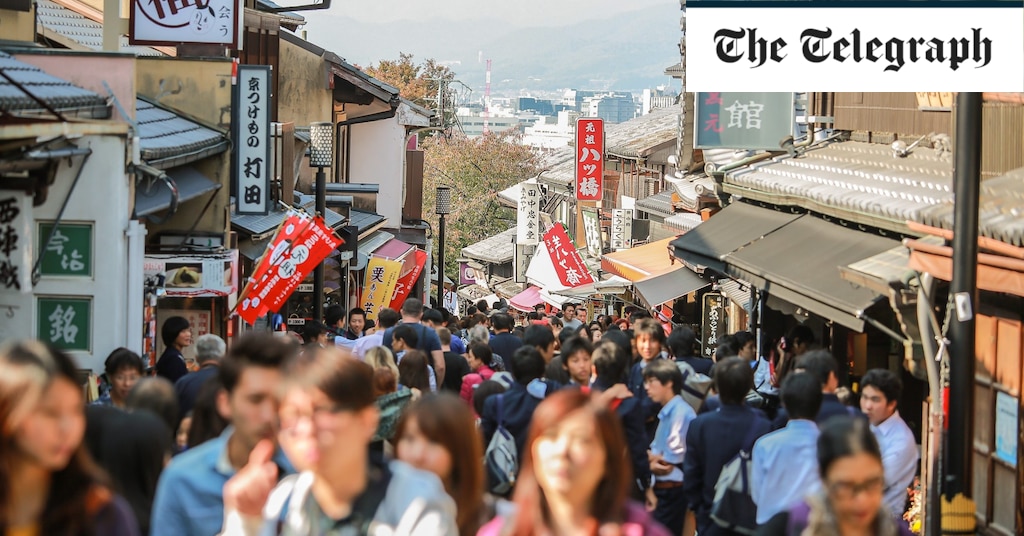Japan’s famous cuisine is also increasingly accessible, even when on a budget. Dominique Stabile, 31, from Italy, says: “The food is really cheap. I tried everything I wanted. I had a budget set and I didn’t exceed it, so I’m happy.”
For local businesses, the rise of tourists spending money is a welcome turnaround. Saori Iida, who works in a store selling traditional secondhand Japanese clothing, describes how a customer the previous day bought 15 kimonos.
“A lot of people do the maths and when they see the equivalent in their country’s currency, they say ‘wow, I’m going to buy that too’,” she says.
One other impact of the weak yen is the fact that tourists are opting to spend longer in Japan, while also becoming more adventurous in venturing off the beaten tourist trail in search of deeper experiences.
Carolyn Addison, head of product at the luxury tour operators Black Tomato, tells The Telegraph: “Our clients are certainly appreciating the great value of travelling to Japan at the moment and with the currently weak yen we’re seeing them benefit on the ground in myriad ways from the favourable exchange rates.
“Many are opting to stay longer and journeying further to multiple destinations beyond Tokyo and Kyoto, to places like Osaka, which is gaining popularity among clients as a third city stop where they have the option of eschewing Michelin-starred eateries in favour of the city’s established street food scene.
“Additionally, we’re relishing being able to highlight Japan’s better value as a way to encourage travellers to adventure to lesser known parts of the country.”










